
Have you given any thought to how we use the city and the public space? Men and women make use of the city in different ways: men move around the city more for occupational reasons (19.4%), while for women it’s primarily for family reasons (15.6%) with occupational concerns in second place.

Efforts to refocus urban planning to take into account the human aspect place a special emphasis on the gender perspective, the aim being to obtain an equal use of the city based on the diversity of gender, ethnic origin, age or occupation of the community.
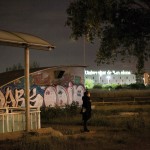
Mobility and safety are the two issues that most affect the everyday life of women who work in the metropolitan area at night, especially those that use public transport or go on foot, according to a participative study conducted by Col·lectiu Punt 6.
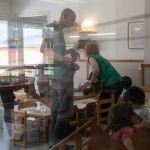
Rethinking the city from a feminist perspective means no longer creating spaces on the basis of production rationales that are socially and politically restrictive and, instead, starting to think about environments that place a greater emphasis on the people who use them.

In 2015, organisations and groups in the Poble-sec neighbourhood created a protocol – Guidelines for feminist festivals – to prevent and take action against gender-based violence at street festivals. The ultimate goal is to extend those guidelines to include every type of recreational space in the neighbourhood and in everyday life.
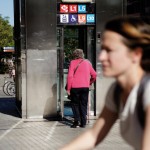
Metropolis Women, the strategic network run by the Barcelona’s Department for Feminism and LGTBI, is working to mainstream the gender perspective within the World Association of the Major Metropolises, which has 138 member cities around the world.
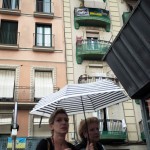
Grass-roots feminism finds its expression in multiple movements fighting for an urban space, that smash the stereotypes of female passivity and bring women out of situations of vulnerability, onto the path of resistance.

Esther Fernández Cifuentes
The new visibility of women and their demands also set out to express itself through cinema, to reflect the political activities of the second wave of feminist groups and be used as propaganda to raise awareness.
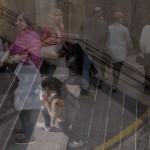
The changes from which the new cities will emerge will be feminist in nature since they will be based on life, not production; on health, not depredation; on collaboration and mutual support, not on competition: all long-held feminist values.











